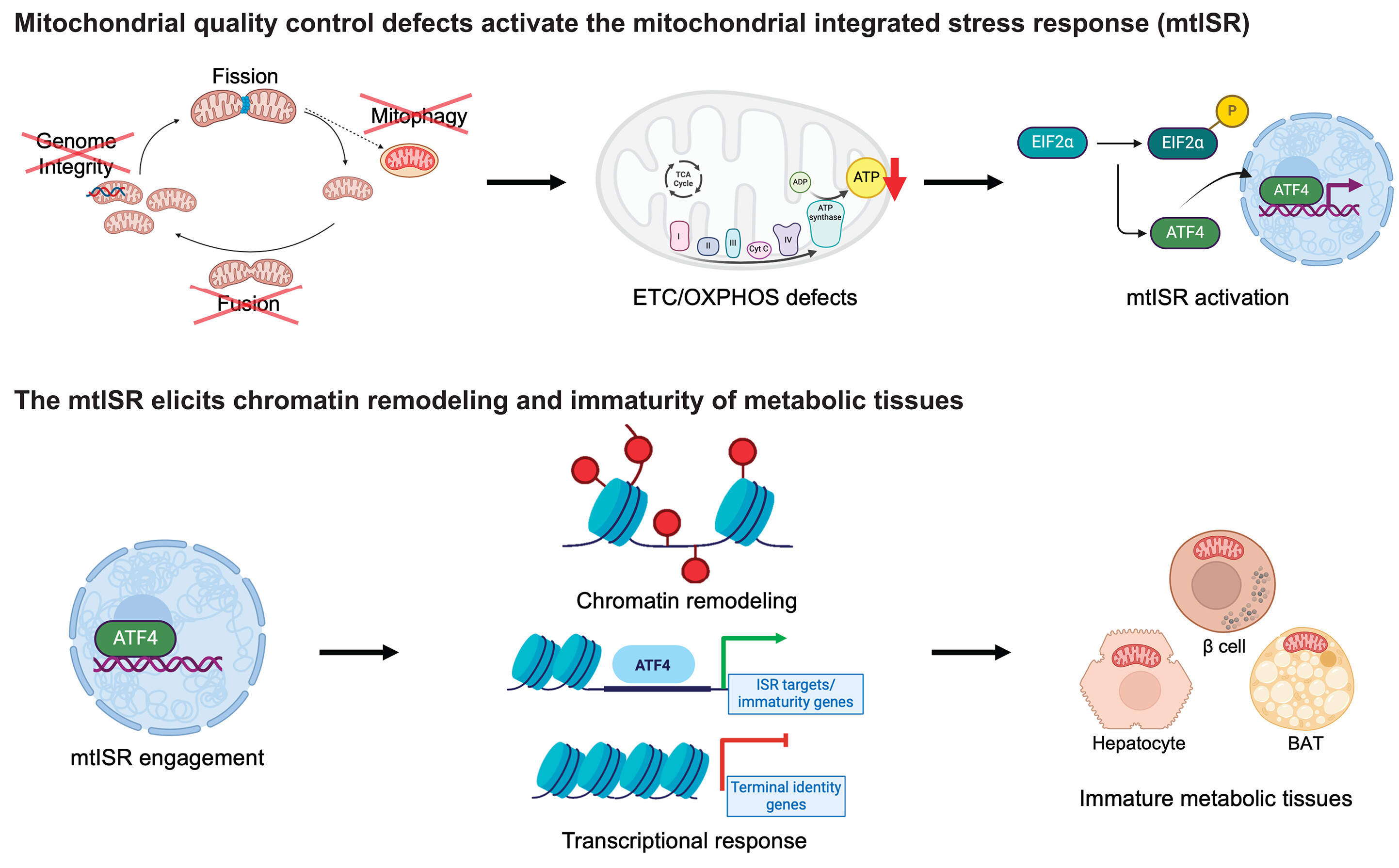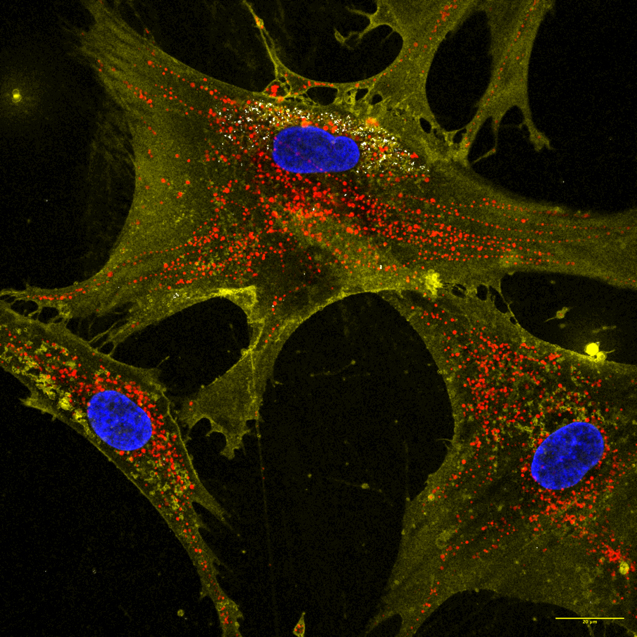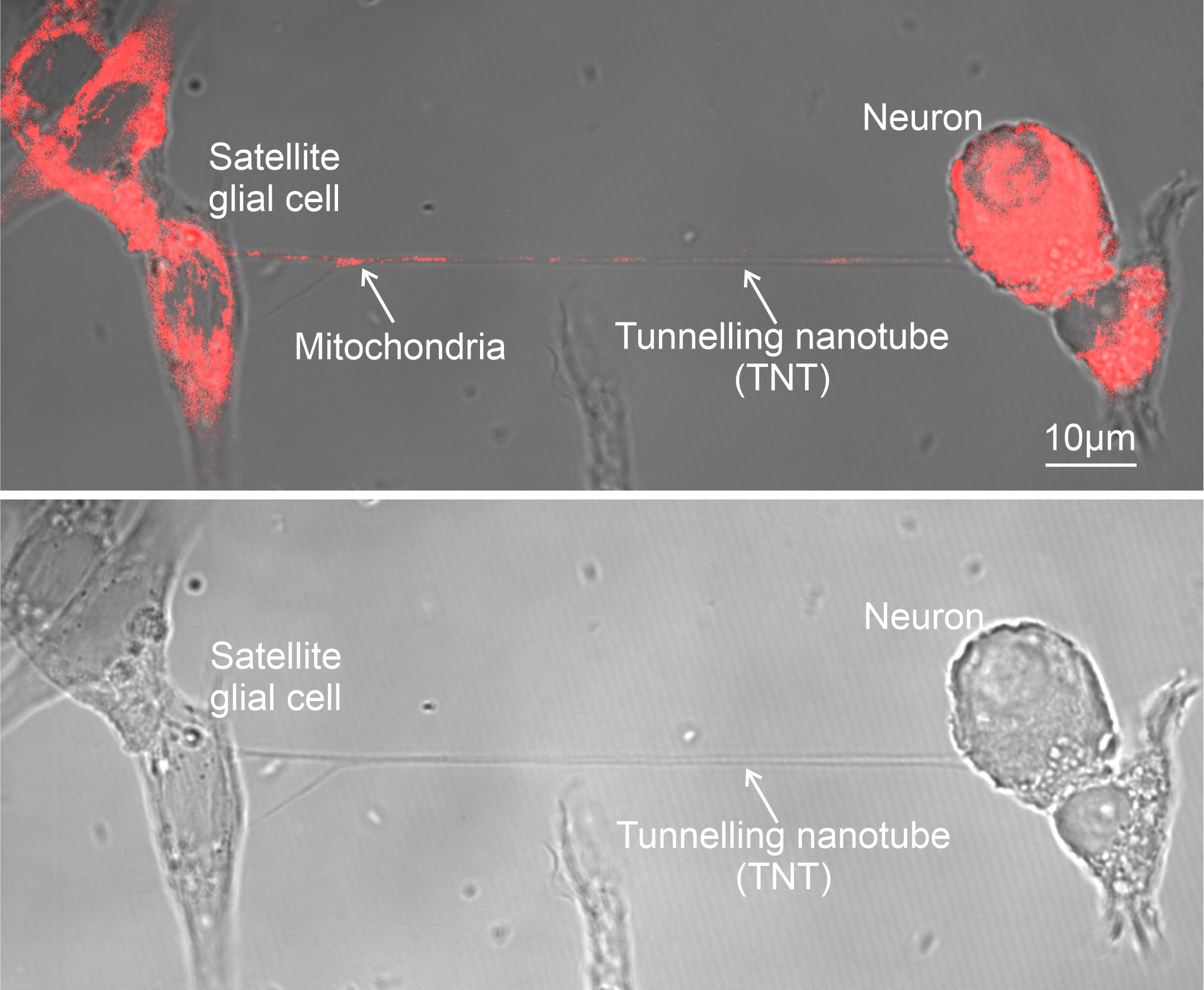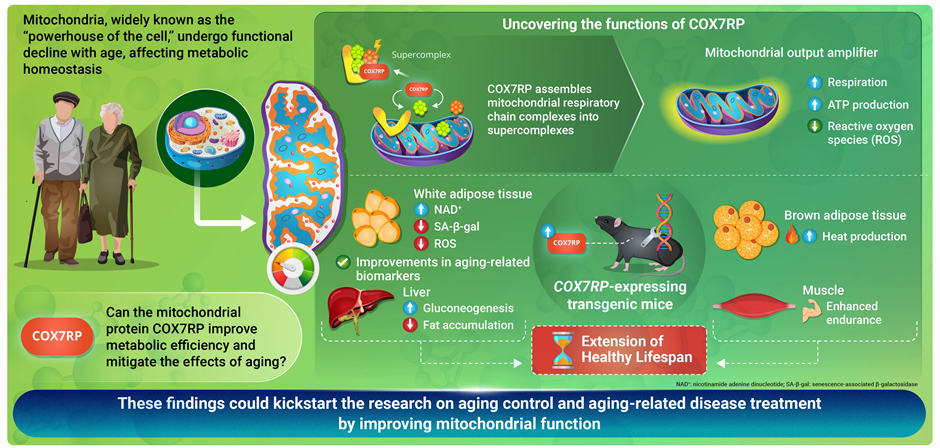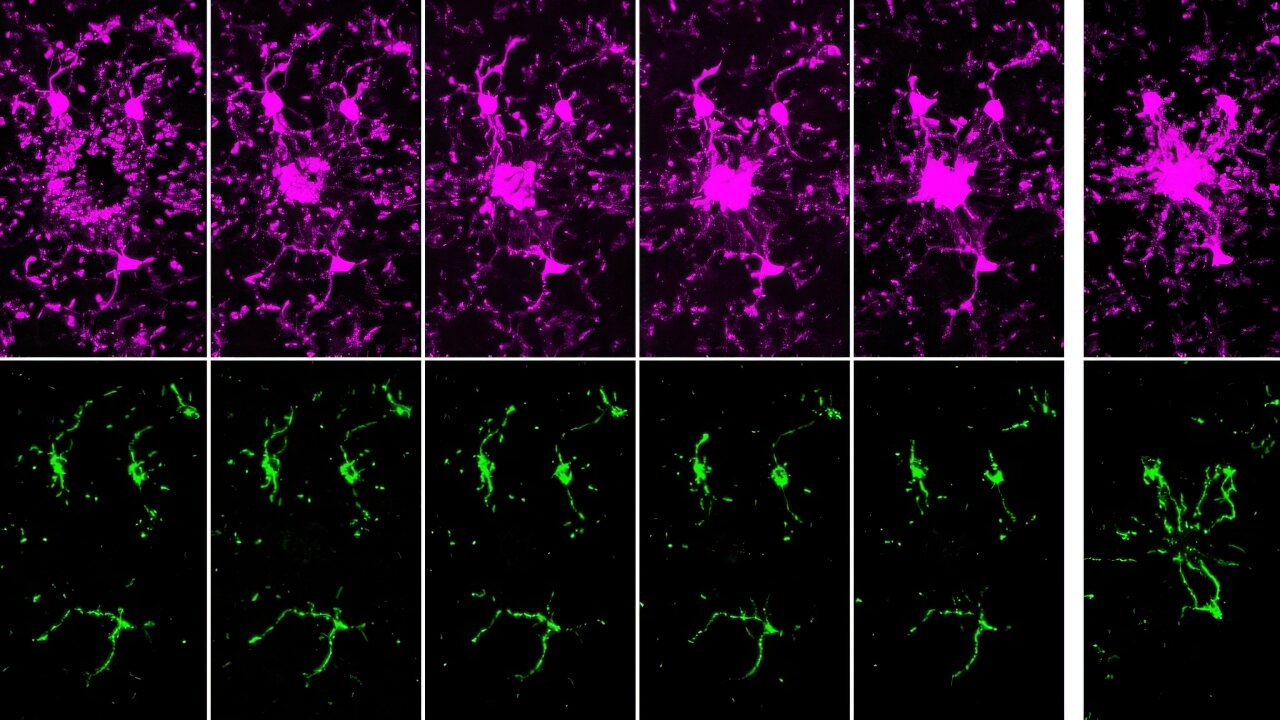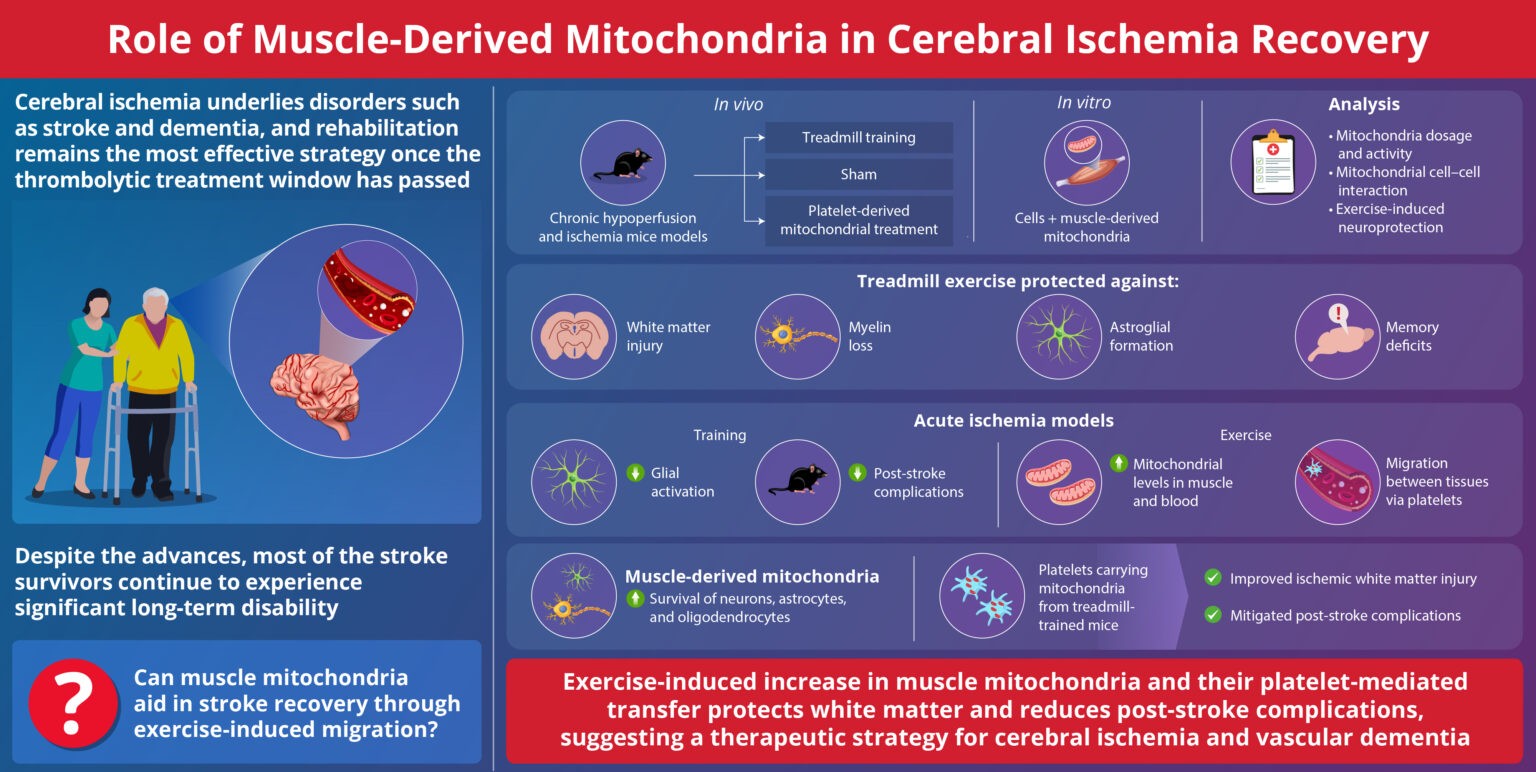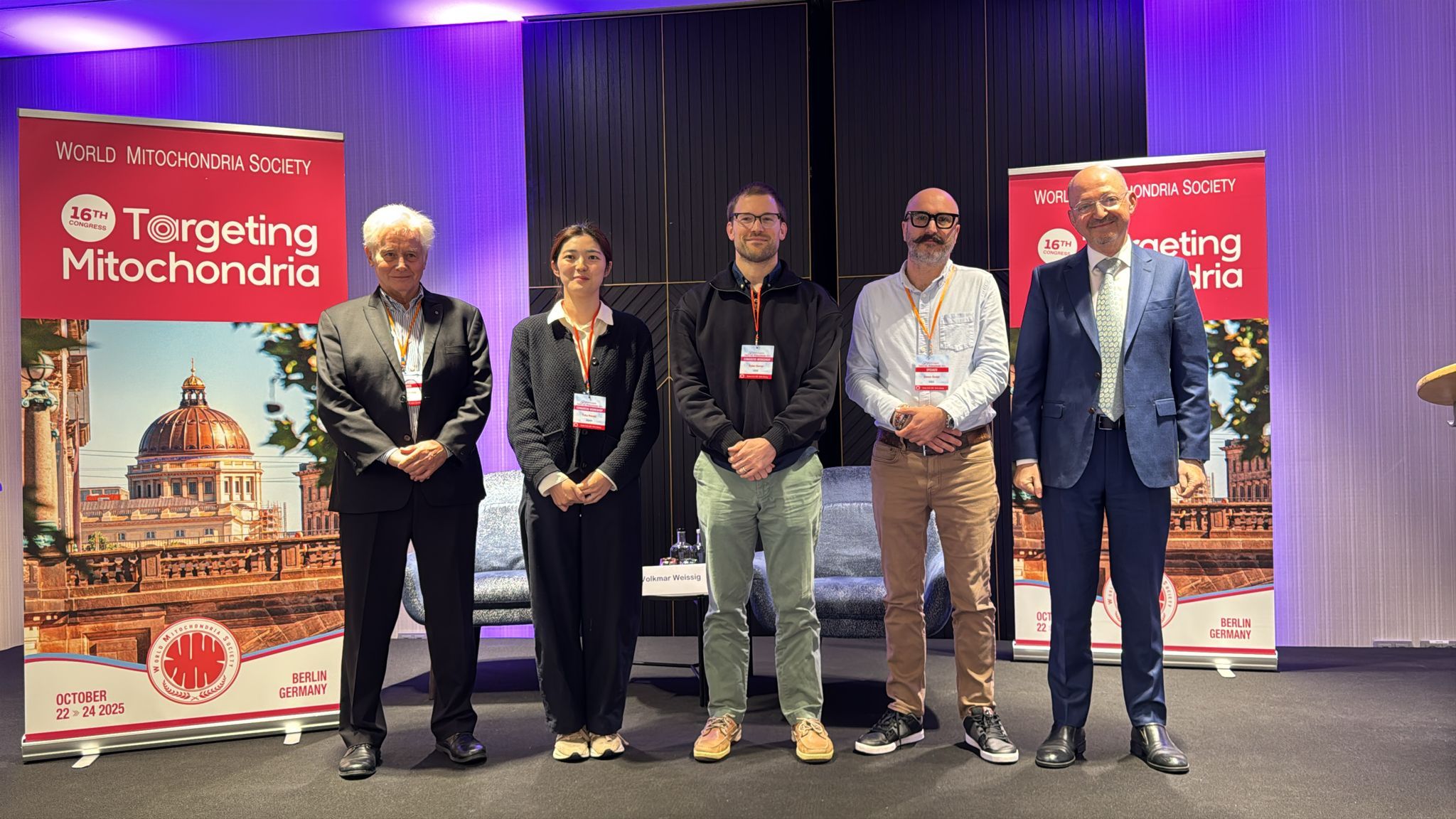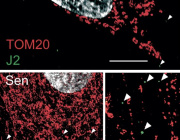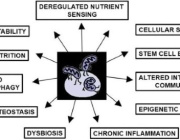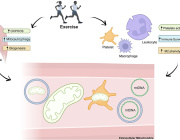Study Shows Mitochondrial Transplantation Effective in Reversing Damage to Kidneys and Kidney Cells
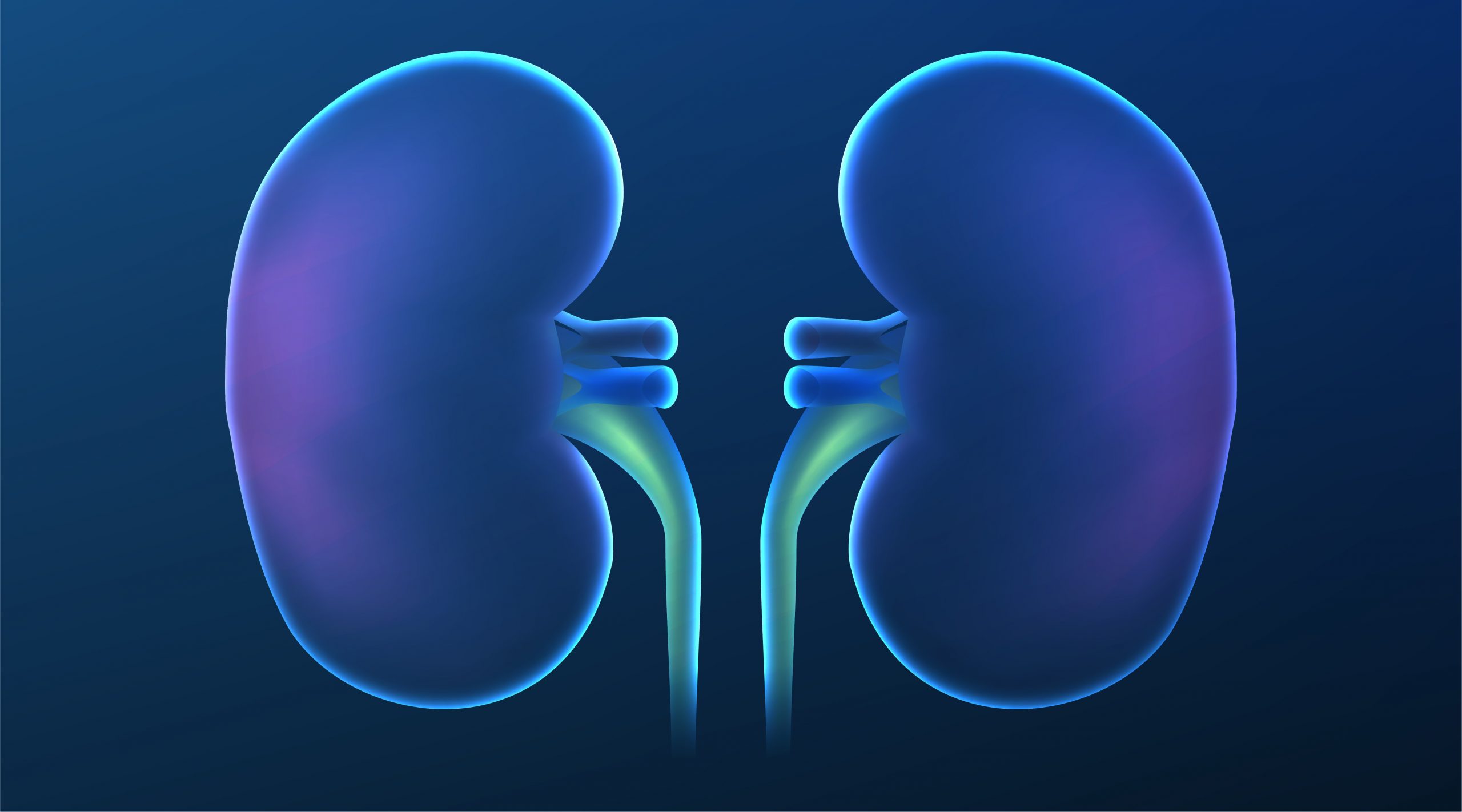
According to the National Kidney Foundation, more than 100,000 Americans are waiting for a kidney transplant, and the demand for donated kidneys far exceeds the supply. In fact, only 25,498 kidney transplants were performed in 2022, and kidney disease impacts 37 million people in the U.S.
But a new preclinical study, led by scientists at Wake Forest University School of Medicine, shows that a new technology called mitochondrial transplantation holds promise as a potential therapy that could change the kidney transplant landscape.
The study findings appear online in Annals of Surgery.
Mitochondrial transplantation is a regenerative medicine technology where healthy mitochondria are taken from cultured cells or tissue from organ donors and then injected into a diseased or damaged tissue or organ. Mitochondria produce the energy needed for a cell to function.
“Our study shows that this technology could transform renal transplant medicine,” said Giuseppe Orlando, M.D., Ph.D., an associate professor of surgery at Wake Forest University School of Medicine, a transplant surgeon at Atrium Health Wake Forest Baptist and principal investigator of the study. “Here, we provide evidence that mitochondrial transfer lessens the damage that renal cells or the kidneys may suffer from disease or injury.”
For the study, the research team collaborated with the University of Turin in Italy where scientists conducted preliminary tests in cultures of human proximal tubular cells, which are found in the kidneys and play an important in removing toxins. When the damaged cells were exposed to healthy mitochondria, cellular energy increased, and toxicity decreased.
“Essentially, the mitochondrial transplant was successful in reducing stress in the damaged kidney cells,” said Orlando, who is also a researcher at Wake Forest Institute for Regenerative Medicine.
Additional research by the Wake Forest team found that kidneys injected with healthy mitochondria showed signs of recovery.
Orlando said these results are significant because in the U.S., 20% of the kidneys procured for transplantation are eventually discarded because they are too damaged, and this potential new treatment may help.
“Based on these preliminary findings, I’m optimistic that mitochondrial transplantation could one day increase the number of transplantable organs,” Orlando said.
Orlando said this is especially true in a new type of organ donation called “uncontrolled donation after cardiac death,” an area of active research. In this setting, the kidneys do not receive adequate blood supply, and mitochondria and the kidneys are damaged. Orlando said mitochondrial transplantation could enable surgeons to repair and eventually transplant these organs, potentially saving thousands of lives. It has been estimated that this type of donation may make 20,000 new kidneys suitable for transplants each year in the U.S., Orlando said.
The next step is to validate these findings in a small pilot study.
This study was supported by the National Center for Advancing Translational Sciences, National Institutes of Health Grant No. UL1TR001420 and the Italian Ministry of Health and Research.
Source: Atrium Health Wake Forest Baptist
Image Credits: Image Credits: WangXiNa on Freepik
Dr. Orlando will be joining Targeting Mitochondria 2023 to give a talk entitled "Repairing Marginal Kidneys With Mitochondrial Transplantation: A New Powerful Tissue Engineering Tool That Will Change the Transplant Landscape". Submit a related abstract.
Media contact:
World Mitochondria Society
This email address is being protected from spambots. You need JavaScript enabled to view it.
+33-1-5504-7755
Targeting Mitochondria 2023 Congress
October 11-13, 2023 - Berlin, Germany
wms-site.com









